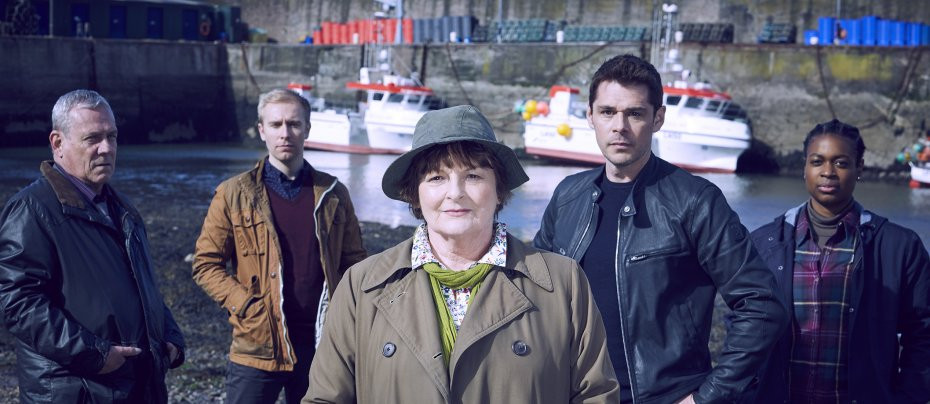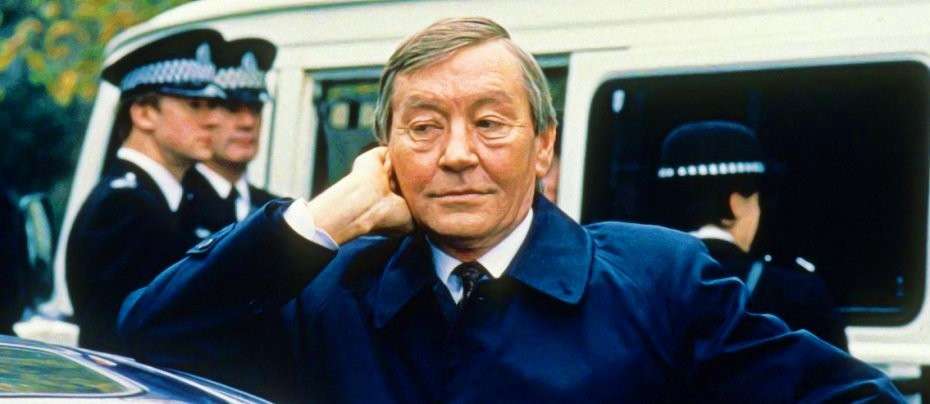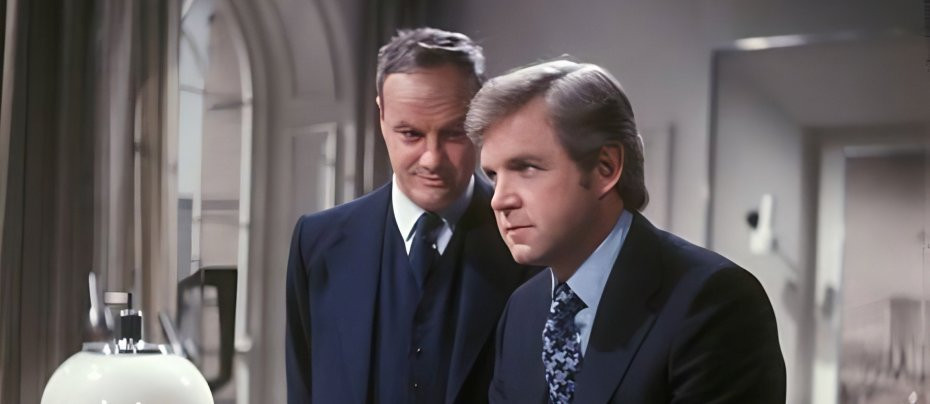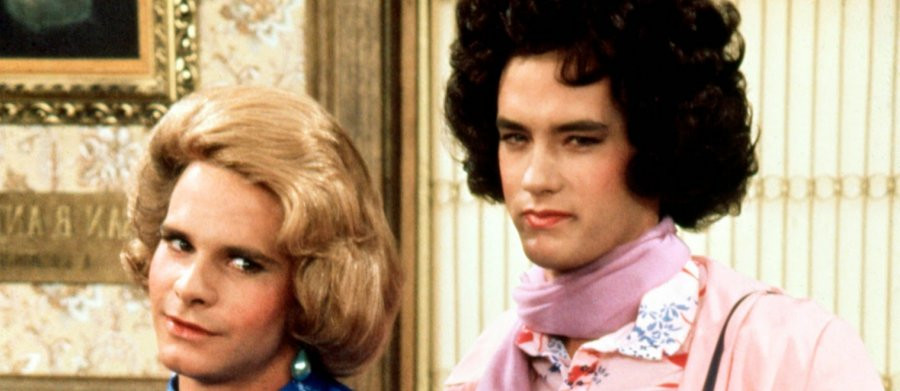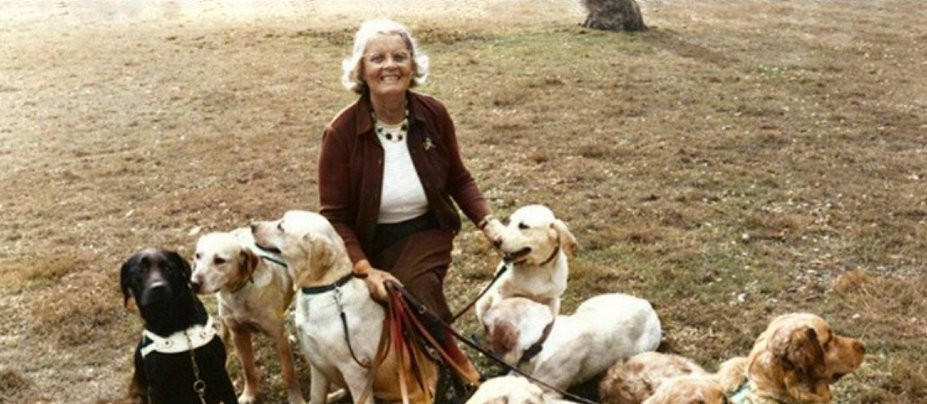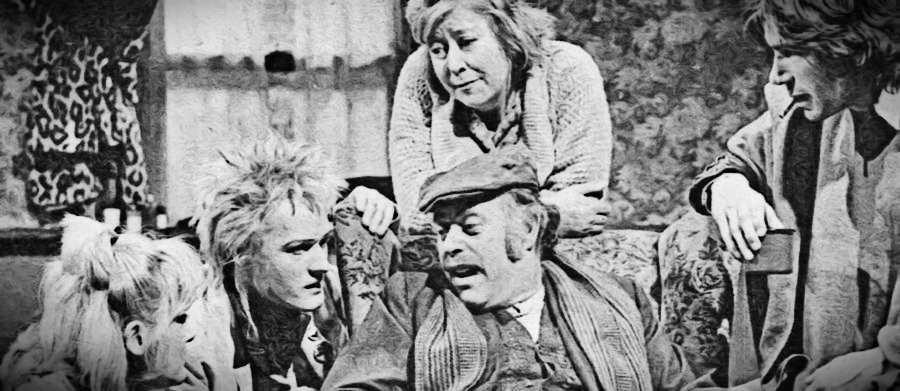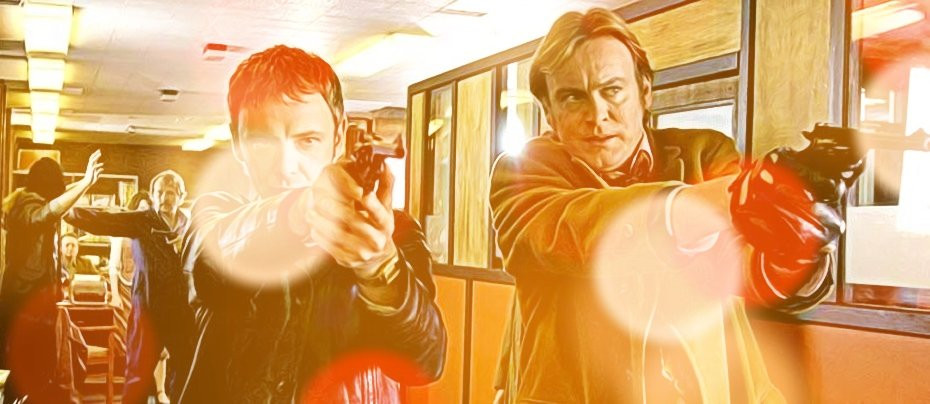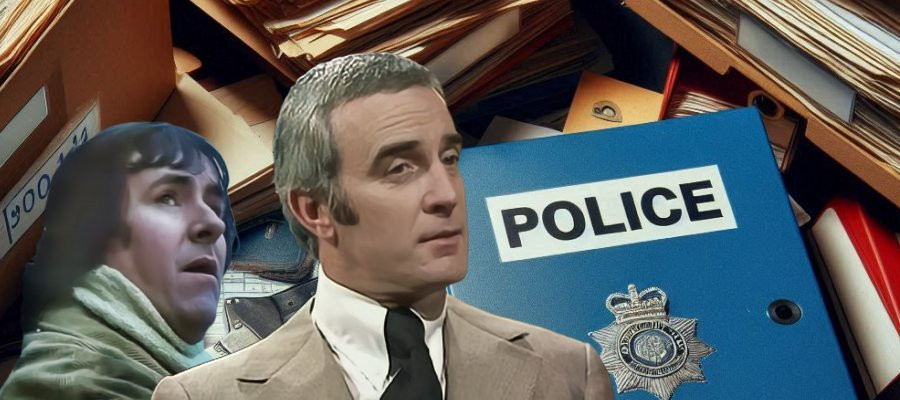
The Enigma Files
1980 - United KingdomA Quiet Revolution in British Police Drama
At a time when British television was still under the long shadow cast by The Sweeney—all car chases, flying fists, and morally dubious coppers—The Enigma Files arrived on BBC2 in 1980 as a deliberate, cerebral counterpoint. Conceived by Derek Ingrey and produced by Joe Waters, the series dared to step away from the brutality and machismo that had come to define the genre, offering instead a quieter, more procedural approach rooted in unsolved mysteries and understated heroism.
Tom Adams, with characteristic authority and a cool, restrained charm, led the cast as Detective Chief Inspector Nick Lewis. Recently transferred from the Metropolitan Police to helm the newly formed Prisoners' Property Office (PPO), Lewis was no street brawler. Instead, he was a man of method—part detective, part archivist—tasked with revisiting unresolved crimes that had been quietly shunted into storage. The PPO was, in many ways, a proto-National Crime Squad, a subtle nod to real-world policing evolution, and an intriguing setting for a drama with ambitions beyond shootouts and bar fights.
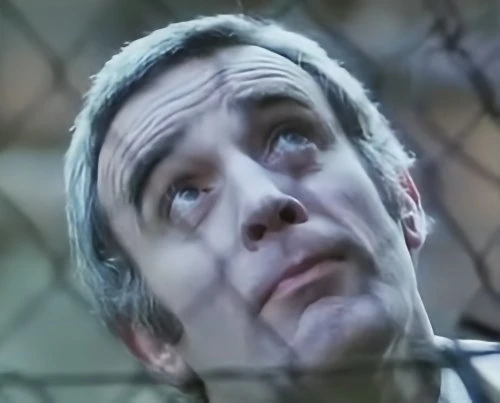
Lewis was supported by a capable and believable team: Sharon Maughan’s Kate Burton brought intelligence and emotional balance to the dynamic, while Duggie Brown’s Phil Strong added a touch of grounded, working-class pragmatism. Later episodes saw the arrival of Sue Maxwell (Carole Nimmons), a younger, sharp recruit whose perspective kept the show nimble.
What made The Enigma Files unique—and quietly radical—was its structure. Unlike serialised epics or wholly episodic formats, this show lived somewhere in the middle. Each episode tackled a self-contained case, but recurring characters and the slowly developing world of the PPO allowed for depth and continuity. This format made it accessible to casual viewers while rewarding those who returned week after week—a rare balancing act for its time.
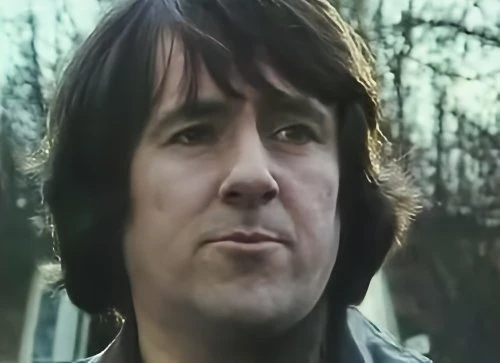
Stylistically, the direction from the likes of Gilchrist Calder, Lovett Bickford, and Jonathan Alwyn was crisp and understated. These were stories that allowed space to breathe; the camera lingered, the dialogue was measured, and the tension crept in like fog. The show wasn't about explosions—it was about erosion: of trust, of memory, of justice long delayed.
In retrospect, The Enigma Files can be seen as a forerunner of the “cold case” subgenre that would later find massive success in both the UK and internationally. In particular, its DNA can be felt in series like New Tricks, Waking the Dead, and even the high-stakes internal investigations of Line of Duty, albeit without that show’s labyrinthine corruption plots. While Line of Duty embraced the rot within modern policing, The Enigma Files quietly argued that justice could still be served—even if delayed, even if imperfect.
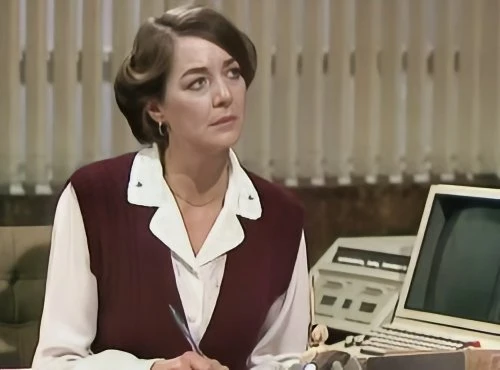
It’s perhaps tragic that the show never found a broader legacy. Although it was exported internationally, it never received a commercial home release, and today exists largely in the memories of those lucky enough to have caught it during its original run. Christine Sparks’ tie-in novelisation is now a collectible curio, a relic of a series that dared to go against the grain.
In a television landscape where loud often trumps thoughtful, The Enigma Files stands as a reminder that intelligence, restraint, and quiet perseverance can be just as compelling. A short-lived but important piece of the British police drama puzzle, it deserves to be remembered not as a footnote, but as a foundational stone in the genre’s slow evolution toward tone and complexity.
Verdict (2025 perspective):
★★★★☆ - A thoughtful and quietly subversive police procedural that feels ahead of its time. Not flashy, but refreshingly grounded—and all the more relevant in today’s landscape of noir-tinged cop shows.
Seen this show? How do you rate it?
Seen this show? How do you rate it?
Published on April 16th, 2025. Written by Laurence Marcus for Television Heaven.


